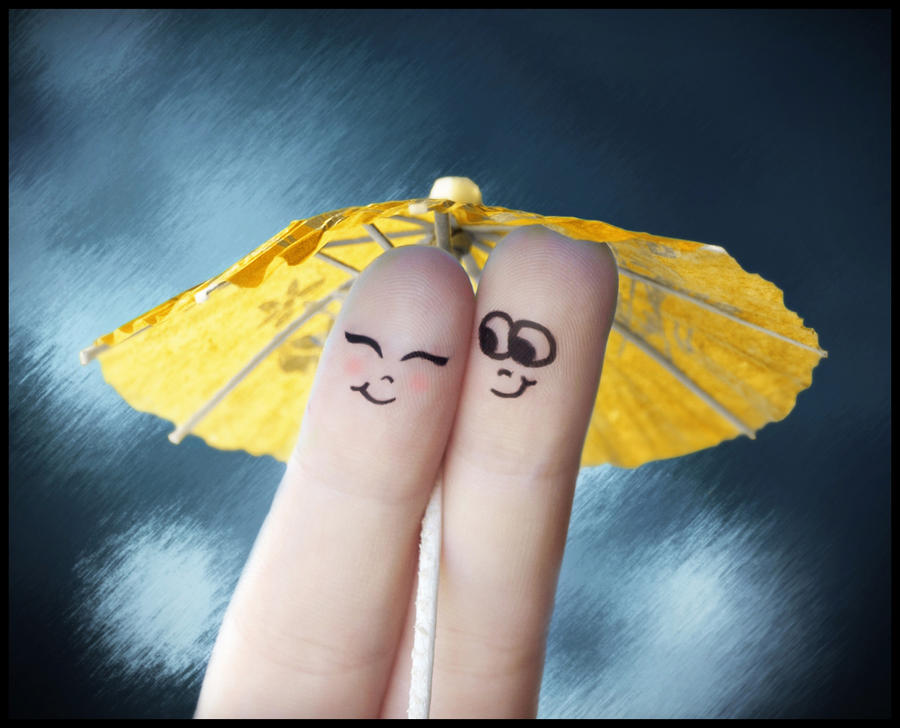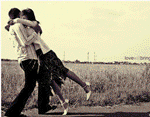Because Deb was swamped with emails from bloggers wanting to do interviews, I had to get a document from the publisher instead. They also sent me a free review copy of Six Rules of Maybe! So awesome!
Here is the Q&A they sent me!
Q: Your main character, Scarlet, is deeply involved with everyone around her--her mother, her sister, her brother-in-law, and her neighbors. She says, “I thought it had worked for me, looking after everyone else. But it didn’t. Not anymore.” In your opinion, what is it about being a young adult that causes them to put others before their own wants and needs?
A: I think it isn’t so much a “young adult” thing as a human being one. Some of us just come with the “giver” gene, or else we develop it for a million complicated reasons. Scarlet, like most of us, starts this behavior waaay early. She’s the one who always gets paired up with the bad kid, and she’s the one who walks the sick girl to the office when no one else wants to. Sometimes it’s all about being kindhearted, but it can also spill over into being unassertive about what’s right for us. It’s an important balance--how much of our life is “other” and how much of our life is “self.” Often, too, the folks who are mostly takers are magnetically drawn to givers (huh, no wonder, right?). Givers don’t think too much about this until they are resentful and exhausted, as Scarlet finally becomes in SIX RULES.
Q: Scarlet discovers what she believes are The Five Rules of Maybe. It isn’t until later that she realizes there are actually Six Rules of Maybe. The sixth rule catches her off guard: “Most importantly, know when you’ve reached an end. Quit, give up, do it with courage. Giving up is not failing – it’s the chance to begin again.” Why is this an important rule or lesson?
A: I think giving up is a hugely important lesson, and an overlooked one. We’re so into the rah rah ideas that YOU CAN DO ANYTHING! YOU CAN BE ANYONE! That we forget that it’s often not true. Sometimes we can’t. I don’t think that’s bad news. Not at all. I think it’s important news. I worry that lately we’ve forgotten how critical it is to see ourselves realistically. Quitting, moving forward, being resilient about failure--those are all things that haven’t gotten much air time lately. And yet, this is perhaps the most important rule of all. It’s the way we can ride out the bumps without crashing.
Q: A common theme of self-discovery develops for all of the characters as they consider what they really want for their future. Did you draw upon any of your own experiences to create these realistic journeys?
A: Self-discovery, finding “home”, dealing with being a mostly good-hearted but flawed person in a complicated world--yep, those are all repeating themes in my work. And, yes, absolutely--I draw on my experiences for all of my books. I have never stolen an old lady from a rest home (like in Honey), or been given an enormous sum of money from a stranger (like in Indigo). But I HAVE lost faith in love and have felt my world turn upside down and have had to rethink and rethink my future. Writing is always my therapy, the attempt to work out particular events and questions I’m trying to understand. (Too bad no one actually gave me that fat sum of money, though. )
Q: Why do you write for young adults?
A: Becoming a YA author was actually a lucky accident. The first book that I published, The Queen of Everything, was written as an adult book. I thought it was an adult book, anyway. When it was picked up by Simon & Schuster for the young adult market, I found myself here. This is the route for many YA writers, but I think most of us will agree that it is a happy and fortunate detour. I found myself in a great place, with these readers I love for their honesty and true passion for books. Fate plucked me up, I’m sure, and set me down where I belonged. What’s cool, too, is that because I didn’t (and still don’t) know how to write a “young adult book” (whatever that is), I have an audience that varies in age from 11 to 91. I hope my readers can also feel that I don’t treat them as “teens” (a word that too often is used in some weird kind of quotation marks), but just as the fine people and kindred book lovers that they are to me.
Q: What were some of your favorite books growing up?
A: I was as much a book addict then as I am now. I think I’ve spent a great deal of my life so far lugging huge, unwieldy stacks of books home from the library. How to even choose favorites, you know? I loved Ramona the Pest. I loved Little Bear. From the Mixed-up Files of Mrs. Basil E. Frankweiler. The Incredible Journey. The Chronicles of Narnia. Okay, I’ll stop there.
Q: Did you always know you wanted to be a writer?
A: Always. Since I was about seven years old. Except for that brief period of time when I wanted to be Nancy Drew.
Contact: Taryn Rosada 212-698-7185
taryn.rosada@simonandschuster.com
This interview is provided by Simon & Schuster Children’s Publishing and can be reprinted for publication either in full or excerpted as individual questions and answers, as long as they are reprinted in their entirety.


















